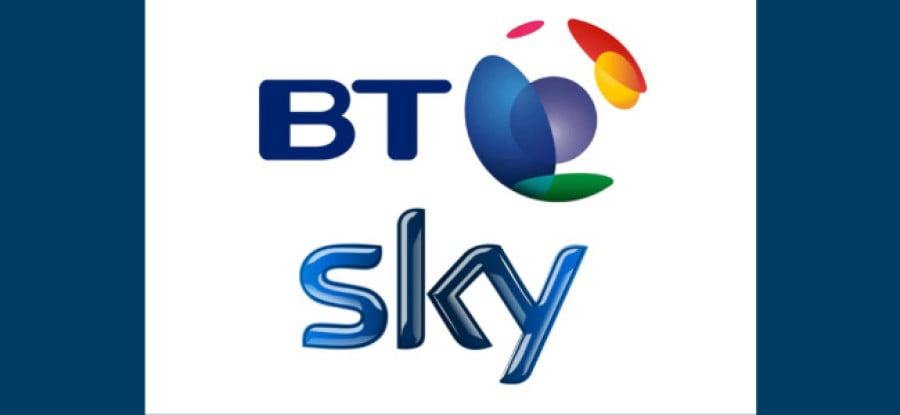A guide to the Sky v BT Sport Ofcom investigation and Competition Appeal Tribunal decision

It is well known that BT Sport has competed aggressively with Sky for sports rights over the past few years and that this has had important implications for fans in terms of where they watch their favourite sports. However, equally important to the way in which sports content is made available to TV viewers are the various "off the pitch" legal battles that BT Sport and Sky have been fighting, in particular following Ofcom's decision to impose "must offer" obligations on Sky to make available its Sky Sports 1 and 2 channels to other broadcast platforms.
A decision towards the end of last year by the Competition Appeal Tribunal (CAT)1 to expand the scope of the must offer obligations to ensure BT YouView customers get access to Sky Sports 1 and 2 appears to have given some of the initiative to BT.2 However, as explained below, the battle is far from over and the next 12 months are likely to bring further twists and turns on various different fronts.
The Ofcom “must offer” Remedy
As long ago as 2007, the UK broadcast regulator Ofcom announced it was going to investigate the extent of Sky's market power in the supply of premium content channels, notably sports content. Three years later, Ofcom decided that Sky should be forced to make available its core sports channels (Sky Sports 1 and Sky Sports 2) to competing broadcast platforms, a remedy which has become known as the "Wholesale Must Offer" or "WMO".3 Ofcom's decision was based on the perceived importance of those channels in enabling pay-TV operators to compete for subscribers with Sky and the fact that, absent regulatory intervention, Sky might not necessarily be incentivised to make them available to its competitors on reasonable commercial terms. The WMO remedy is extremely valuable to those rival platforms since not only does it guarantee access at a regulated price (calculated on the basis of Sky's published retail prices less an agreed margin) but also Sky is forced to wholesale its channels, thereby allowing other platforms to market them to their customers as they wish.4
Unsurprisingly, Ofcom's decision prompted a furious backlash and an appeal to the CAT by Sky (supported by a number of sports rights holders concerned at the impact of Ofcom's intervention on the value of their broadcast rights). BT and Virgin both intervened to back up Ofcom, but also sought a widening of the must offer remedy to encompass Sky's other main sports channels.
Early on in the proceedings, Sky agreed with BT and Virgin that it would give effect to the Ofcom must offer remedy pending the final outcome of the appeal proceedings. This gave rise to the Interim Relief Order (IRO), which required Sky to supply the core sports channels to "qualifying platforms" at the Ofcom regulated price provided the platform owners paid into an escrow account the difference between that and the price they would have paid for wholesale access to the channels under Sky's commercial rate card. The idea was that, should Sky ultimately prevail, it would be put in a similar financial position to that it would have been in without the Ofcom remedy. The terms of the IRO and the recent decision by the CAT to amend its terms (at least until the CAT reaches a decision on the substantive proceedings) are considered further below.
To continue reading or watching login or register here
Already a member? Sign in
Get access to all of the expert analysis and commentary at LawInSport including articles, webinars, conference videos and podcast transcripts. Find out more here.
- Tags: Broadcasting | Competition Appeal Tribunal | Competition Law | England | Football | Governance | Intellectual Property | OFCOM | Regulation | Supreme Court
Related Articles
- BT go sky high
- BT takes Ofcom case to extra time (back) at the Competition Appeal Tribunal
- Break point to BT Sport in the 5th set against Sky
- New European rugby cup agreement set to be signed while Sky and BT talk of compromise
Written by
Alex Haffner
Alex is a Partner in the Commercial, Sports and IP Team at Fladgate LLP, specialising in the sports, technology and media sectors.

 Global Summit 2024
Global Summit 2024